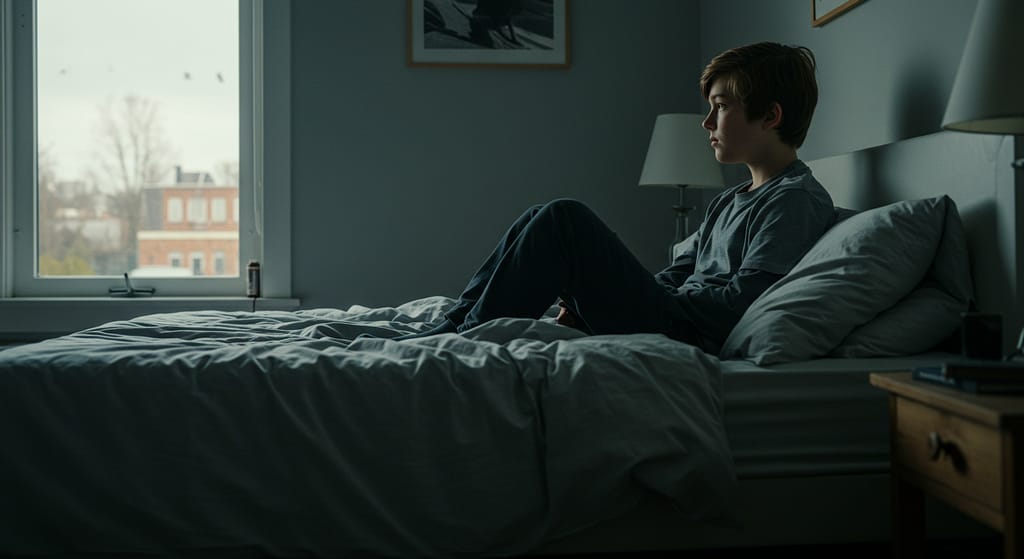
Space
The question on many parents’ minds: Is confined isolation making teen anxiety and depression worse? It’s a valid concern. The pandemic forced dramatic changes—schools shut down, shifted online, and public spaces where teens could bond and blow off steam suddenly became off-limits.
But beyond the obvious disruptions, we’re seeing something deeper—mental and emotional strain. And for teens, the losses go far beyond academics. They’ve lost outlets for freedom, friendship, and self-expression. And the mental health toll is quietly building.
The Unspoken Toll
A heartbreaking number of teenagers have struggled with dark thoughts during the lockdown. Some online posts and articles have shared stories of teens who could no longer cope, and in the absence of real connection, chose tragic alternatives.
Even if these reports are anecdotal for now, we can’t afford to wait for long-term studies. We need to pay attention now—to signs of distress, to cries for help that don’t always come in words.
Why Socialization Matters
Humans are wired for connection. It’s in our nature to seek interaction, not just for survival but for our emotional well-being. The sudden shift into isolation hit teens especially hard—many were still learning how to regulate emotions, build identity, and connect meaningfully.
Even in the best of home environments, tension can rise. Being in close quarters 24/7 can cause stress, especially when everyone is trying to manage their own mental load. Clashing personalities, lack of privacy, and uncertainty only increase the pressure.
Watch for the Warning Signs
It’s not always obvious when a teen is struggling mentally. But just like you’d take notice of a fever or limp, there are emotional signs that deserve your full attention:
- Restlessness or agitation
- Withdrawing from family or favorite activities
- Trouble sleeping or sleeping too much
- Appetite changes
- Hopelessness or increased irritability
These are all red flags of possible anxiety or depression. And ignoring them can let the problem grow silently in the background.
Break the Walls of Isolation
Encourage social contact, even if it’s virtual. While many parents worry about screen time, it’s important to recognize that texting, video calls, or gaming with friends can offer a lifeline during isolation. A simple chat can make a teen feel remembered, included, and valued.
Also, give your teen physical freedom when possible. A short walk, a bike ride, or just being outside—even with a mask—can relieve cabin fever and reduce stress. Trust them with space and decisions. Let them know they’re not trapped—they’re supported.
Take Action If You Suspect Struggle
If your teen is showing signs of anxiety or depression, know this: You are not helpless. Many therapists and mental health providers now offer virtual services tailored for teens. These sessions are confidential, accessible, and can be the bridge your child needs to step into healing.
Look around your community or online for mental health resources that match your family’s needs. Start by talking to your teen, not with fear, but with calm, genuine care. Let them know that it’s okay to not be okay, and even more okay to ask for help.
Let’s not wait for silence to speak louder than words. Stay present. Stay observant. Stay connected.
Your support today might be what protects your child’s tomorrow.

